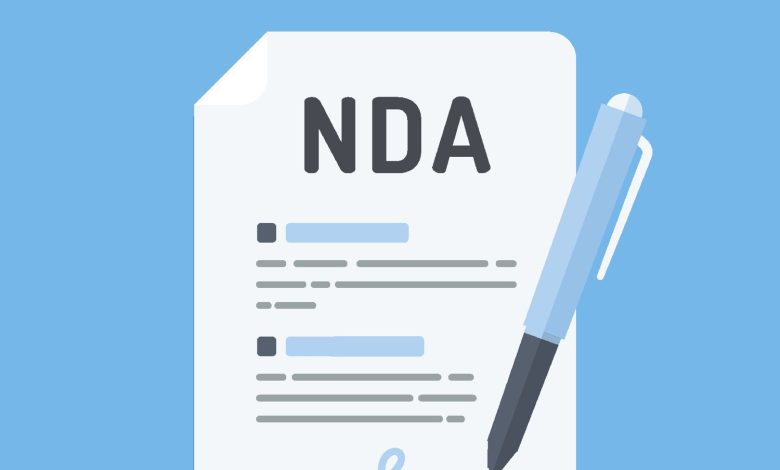
Navigating the world of Non-Disclosure Agreements (NDAs) can be challenging, particularly when interacting with sales prospects. An NDA is a legally binding contract that outlines information the parties wish to share for certain purposes but wish to restrict from wider use or dissemination. Let’s demystify how to understand an NDA when dealing with a sales prospect.
1. Purpose of the NDA
The purpose or objective of the NDA is paramount to understanding why it is being signed. It may be to protect sensitive technical information, business strategies, client lists, or other proprietary knowledge. This section should be specific to prevent any misinterpretation.
2. Parties Involved
A NDA template will have gaps to fill in to identify the parties involved in the agreement. In most cases, it will be your startup and the sales prospect. However, it’s essential to check if any subsidiaries or affiliated entities should also be bound by the NDA.
3. Definition of Confidential Information
This section defines what constitutes confidential information. It should be detailed, outlining what is included and what is excluded. This could encompass written and oral information, software, business plans, and more. A well-defined section can safeguard your startup from unintentional breaches. What is being shared needs to be reviewed so you can answer the question of should I use and NDA? If the data isn’t private you may not need one.
4. Obligations and Restrictions
Understanding the obligations and restrictions is crucial. This section will state how the receiving party should handle the confidential information. It may include obligations to use the highest degree of care, not to disclose the information to third parties, to restrict access within the organization, and to use the information solely for the purpose outlined in the agreement.
5. Duration
The duration of the NDA determines how long the agreement is in effect and how long the confidentiality must be maintained after the agreement ends. This duration should be reasonable and justifiable considering the nature of the information being protected.
6. Remedies
The remedies section outlines the course of action if a breach occurs. This could involve injunctions, damages, or other relief. Understanding the potential consequences of breaching the NDA is vital.
7. Jurisdiction and Dispute Resolution
This section indicates under which state or country’s laws the NDA will be governed and where any legal disputes will be resolved. Startups should ensure the jurisdiction is not burdensome or unfavorable in case of potential legal disputes.
8. Exceptions
Most NDAs include exceptions to the obligations of the receiving party. Common exceptions include information that is already known to the public, already known to the receiver, or is received from another source without a duty of confidentiality.
9. Return or Destruction of Information
Finally, NDAs typically require that upon termination of the agreement, confidential information should be returned or destroyed. This requirement should be practically feasible for your startup.
In conclusion, understanding NDAs when dealing with sales prospects is crucial for startups. Every startup should carefully read and understand an NDA before signing and seek legal counsel if anything is unclear. NDAs should not be seen as a hurdle, but rather as a tool to protect and foster meaningful business relationships. With a clear understanding, startups can confidently use NDAs to explore exciting new opportunities while safeguarding their valuable information.




